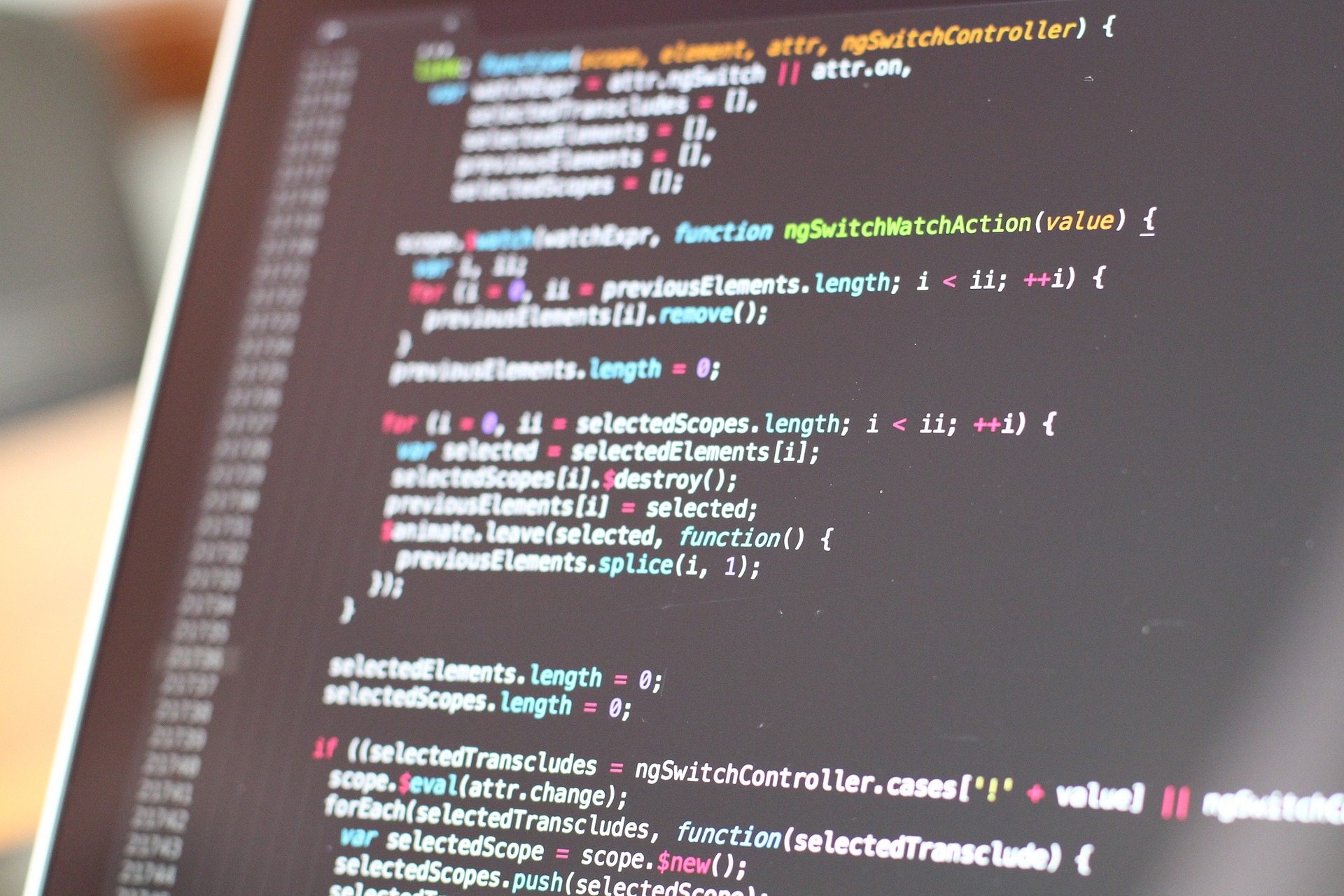The Importance and value of Coding in the Modern World
In today’s digital age, coding has emerged as one of the most essential skills across various industries. From developing software applications to analyzing data, coding shapes the technology that drives our lives. As we become increasingly reliant on digital solutions, understanding the fundamentals of coding is not just beneficial; it is becoming imperative.

The Role of Coding in Innovation
Coding is the backbone of innovation in technology. It enables the creation of websites, applications, and software that improve efficiency and enhance user experience. For instance, consider how ride-sharing apps have revolutionized transportation. These platforms rely on complex algorithms and coding to connect drivers with passengers seamlessly, demonstrating how coding can lead to innovative solutions that address real-world problems.
Coding as a Language of the Future
As our world becomes more digitized, coding is increasingly viewed as a fundamental literacy, akin to reading and writing. Understanding coding fosters critical thinking and problem-solving skills. It encourages individuals to think logically, break down complex tasks into manageable components, and develop systematic solutions. These skills are invaluable, not just in tech-related fields but in any profession that requires analytical thinking. Educational initiatives around the globe are recognizing the importance of teaching coding from an early age. Programs that introduce coding concepts in schools aim to equip the next generation with the skills needed to thrive in a tech-centric world. By making coding accessible, we can empower individuals to participate actively in shaping the future of technology.
The Accessibility of Coding
One of the remarkable aspects of coding is its accessibility. With numerous online resources, coding boot camps, and community initiatives, learning to code has never been easier. Platforms like Codecademy, freeCodeCamp, and Khan Academy offer interactive courses that cater to all skill levels, breaking down barriers to entry. This democratization of coding knowledge opens doors for people from diverse backgrounds, fostering inclusivity in the tech industry. Additionally, coding communities provide support and encouragement for learners. Through forums, meetups, and collaborative projects, individuals can connect with others who share their interests, further enhancing the learning experience. This sense of community not only accelerates skill acquisition but also promotes collaboration, leading to innovative projects and ideas.
Conclusion
n conclusion, coding is a vital skill that plays a crucial role in shaping our modern world. As a catalyst for innovation, a language of the future, and an accessible means of empowerment, coding offers numerous benefits to individuals and society as a whole. By embracing coding education and fostering a culture of learning, we can prepare ourselves and future generations to navigate and contribute to an increasingly digital landscape.